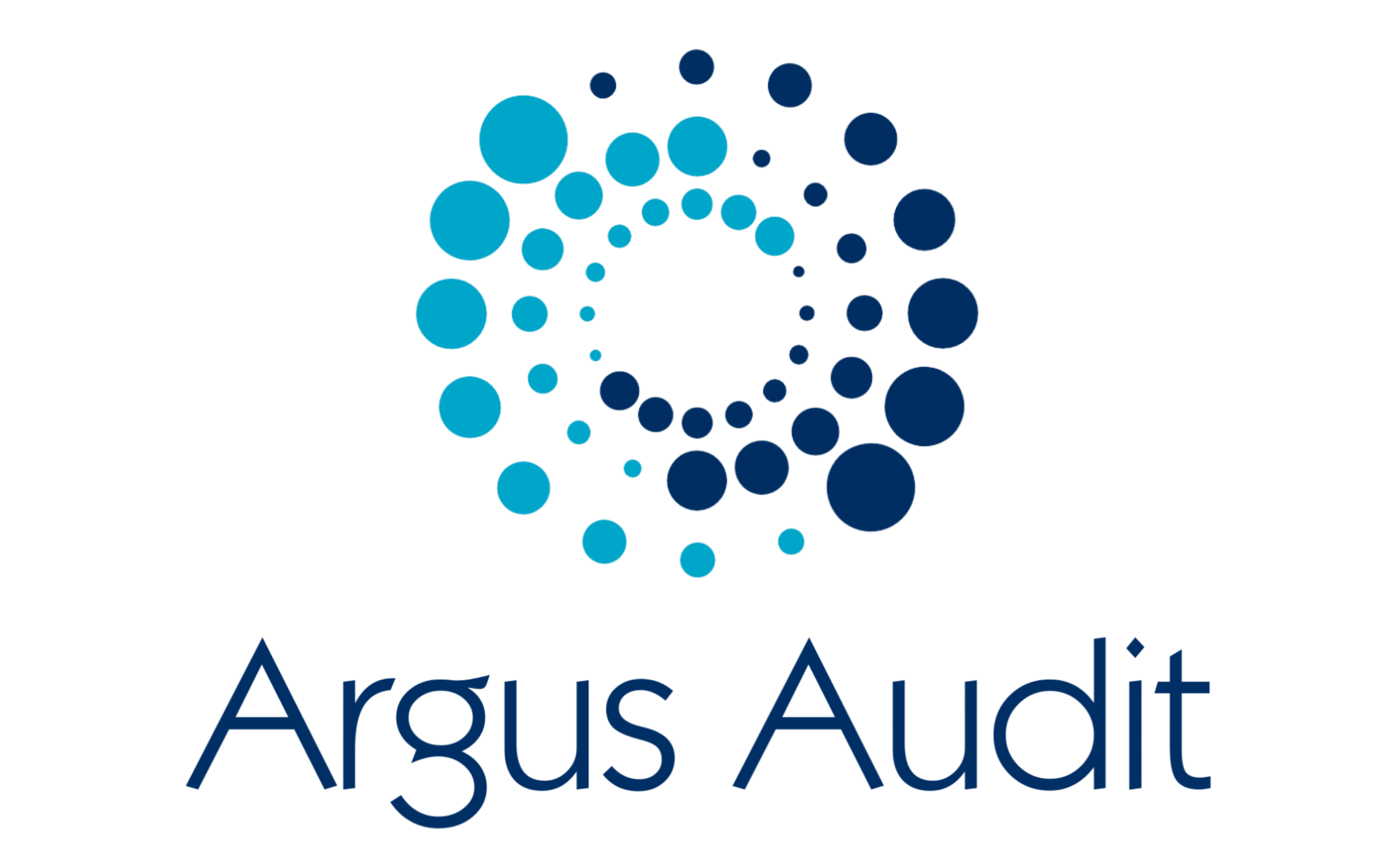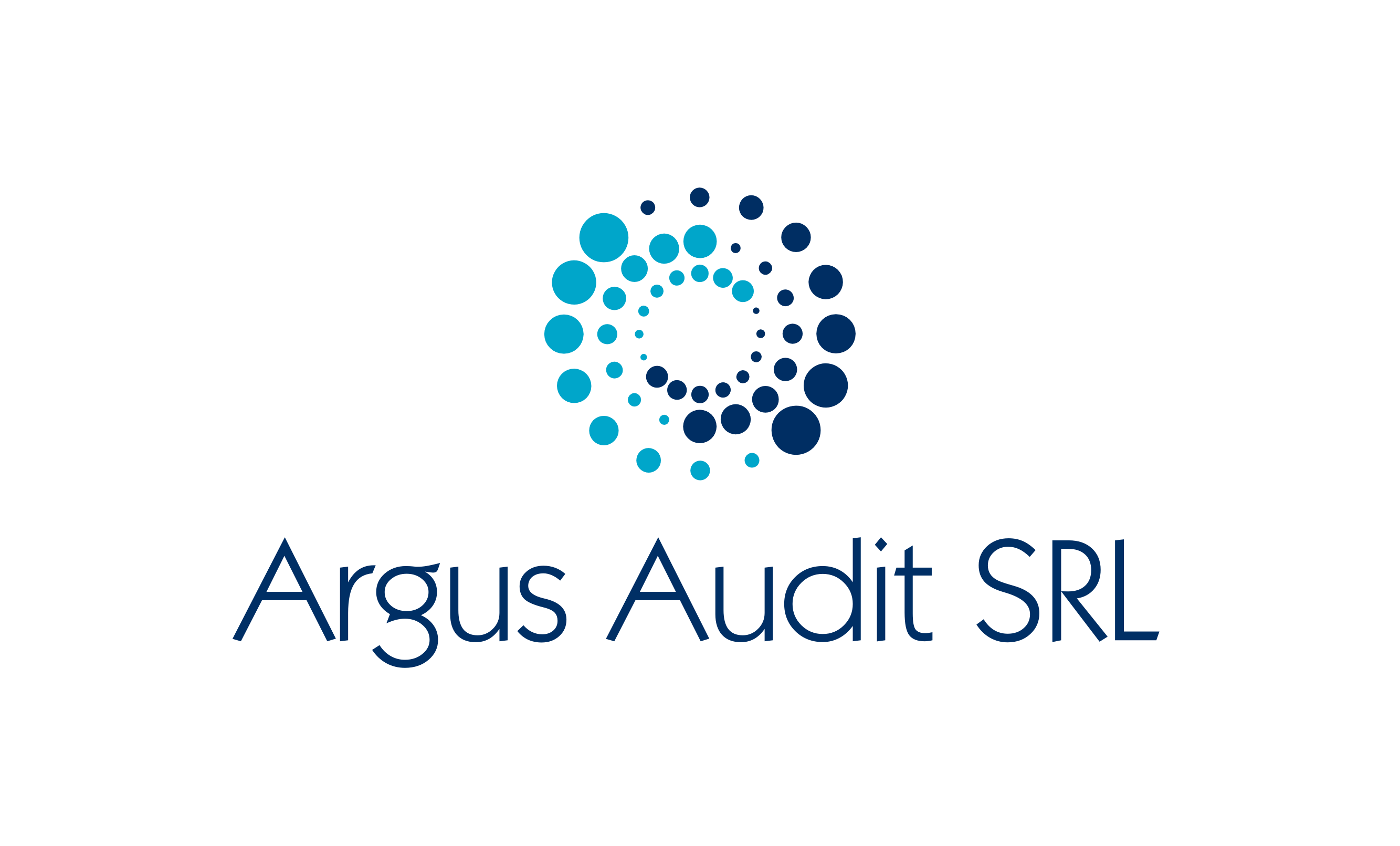Starting with September 3, 2021, two ordinances (Ordinance no. 8/2021 and Ordinance no. 11/2021) will apply. We want to bring to your attention, considering those critical in carrying out your current activity
Ordinance no. 8/2021 comes with the following most important legislative changes:
Dividends tax exemption treatment:
The new ordinance mentions that the dividends received from a subsidiary located in an EU member state are not taxable if the entity from Romania cumulatively meeting the following conditions:
- has one of the following forms of organization: general partnership, limited partnership, joint-stock company, limited liability company;
- pays corporate income tax, according to the provisions of Title II, without the possibility of any option of exception, or another tax which replaces the corporate income tax, according to national legislation;
- holds at least 10% of the share capital of the subsidiary located in another EU state member which distributes dividends;
- at the date of booking the dividends income, it holds the minimum participation mentioned at point 3 for an interrupted period of at least one year.
The same principle of tax exemption also applies in the case of dividends distributed and paid to the associate, non-residential entity, which cumulatively meets the following conditions:
- has one of the forms of organization specific to each country from EU (the list is part of annex 1 of the Fiscal Code);
- the associate, juridical entity, is a resident of an EU state member, and between Romania and that country, there is a convention for avoiding the double taxation concluded between the two countries;
- pays, according to the local legislation of a member state, without the possibility of an option or exception, one of the taxes mentioned in annex 2 (which is part of the Fiscal Code) from the current title or any other tax that replaces one of these taxes;
- holds at least 10% of the share capital of the subsidiary located in another state member which distributes dividends;
- at the date of booking the dividends income by the Romanian entity, the foreign legal company holds at least 10% of the share capital for at least one year.
Until publishing the norms of application of this new ordinance, we consider that these modifications clarify that the tax exemption is also applicable for income taxpayers, this tax being one that replaces the corporate income tax, according to the legislation in force.
This clarification was waited for a long time ago by the income taxpayers who were tremendously uncertain about paying dividends to their associates, entities located in the EU.
(Art. 24 from Fiscal Code)
Provisions treatment:
The new ordinance gives the right to companies that meet the conditions to book provisions for bad debt receivables to increase their level of deductibility until 50% of the value, in the past the level being until 30%. The companies may apply for this facility starting from January 1, 2022.
Below are mentioned the conditions that must be met to benefit from this facility:
- the receivables are uncollected until a period exceeding 270 days from the due date;
- the receivables not guaranteed by another legal person/entity;
- the receivables are owed by a legal person who is not affiliated with the taxpayer.
(Art. 26 from Fiscal Code)
The payment term for interim dividends tax:
In the case of the dividends distributed during the year based on interim quarterly results, not paid until the end of the year of approved distribution, the dividends tax is due, by case, until January 25 of the following year, respectively until 25 of the first month of the fiscal year of the next year of the approval of dividends distribution.
(Art. 43 from Fiscal Code)
Ordinance no. 11/2021 includes the below most important legislative changes:
A new declarative obligation (SAF-T):
Starting with 2022 (for big and medium companies), respectively with 2023 (for small companies), the companies will be obliged to deposit to the fiscal authorities a declaration that will include information from the accounting and fiscal evidence, which will be named “Standard Audit File for Tax” (Declaration no. 406) which will be submitted electronically.
At this moment, the procedure and the information that will be sent electronically are still in work, and shortly, details about this subject will be published by the Fiscal Authority.
It is essential to know that the non-compliance with this obligation will be sanctioned by the state as follows:
- with a fine between 1,000 lei to 5,000 lei for not depositing the standard audit file for tax;
- with a penalty between 500 lei to 1,500 lei for incorrect or incomplete depositing of the standard audit file for tax.
(Art. 59 from Fiscal Procedure Code)
Value Added Tax:
The new ordinance perpetuates the right of the companies to claim for a VAT refund with the subsequent tax inspection, with the following exceptions:
- for large and medium companies:
- the taxpayer has registered in the fiscal record actions that are sanctioned as crimes;
- the central fiscal body, based on the information held, find that there is a risk of an undue reimbursement;
- for the entities in voluntary liquidation procedure or insolvency procedure, except a reorganization plan has been confirmed.
- for small companies:
- the taxpayer has registered in the fiscal record actions that are sanctioned as crimes;
- the central fiscal body, based on the information held, find that there is a risk of an undue reimbursement;
- for the entities in voluntary liquidation procedure or insolvency procedure has started, except when a reorganization plan has been confirmed;
- the taxpayer deposits the first VAT tax declaration with a negative amount for being reimbursed after its VAT registration;
- the balance of the negative VAT claimed for reimbursement comes from a period higher than the reporting period’s number from 12 months.
The risk of undue VAT reimbursement is considered real if the entity that claims the VAT is in one of the following situations:
- the tax authorities receive official documents from other institutions which address issues of fiscal nature, with an impact on reimbursing an undue VAT;
- within the fiscal control actions, facts that may constitute elements of some crimes with fiscal implications;
- on the occasion of subsequent fiscal inspection, differences of more than 10% of the reimbursed amount calculated, but no more than 50,000 lei for each VAT tax declaration that was subject of the subsequent fiscal inspection;
- significant inconsistencies found, verified, and confirmed by the fiscal body between information declared by the taxpayer and partners regarding the transactions carried out on the Romanian and/or EU territory.
(Art. 169 from Fiscal Procedure Code)
Payment rescheduling:
This ordinance introduces new provisions regarding the right of the taxpayers to ask for rescheduling of their debts that are not older than 12 months for a maximum period of 12 months, which value is at least 5,000 lei (for companies).
To benefit from this facility, the taxpayer has to deposit to fiscal authority an application as long as it is not in bankruptcy or insolvency procedures and has all the tax declarations deposited.
The company might deposit a maximum of two requests to amend the payment rescheduling decision for the validity of the payment rescheduling.
The taxpayer is obliged to pay an interest of 0.01% for each day of delay and a penalty of 5% from:
- the amount remaining unpaid from the rescheduling rate;
- The differences in fiscal obligations were marked and left unpaid after settlement of the returns with a negative VAT amount with reimbursement option.
Our team of professional is available for any clarifications or additional details required in your analysis. The above information represents just a summary of aspects we consider relevant in the recently published legislation. This is not exhaustive disclosure of information and it is not intended to be used as advice on any particular matter. We invite all readers to contact us for further clarification of any specific issue. Argus Audit team and its associates disclaim liability in any action taken by a third party in reliance exclusively on summarized information presented in our publications.


